Publications
Articles, publications, books, tools and multimedia features from the U.S. Institute of Peace provide the latest news, analysis, research findings, practitioner guides and reports, all related to the conflict zones and issues that are at the center of the Institute’s work to prevent and reduce violent conflict.
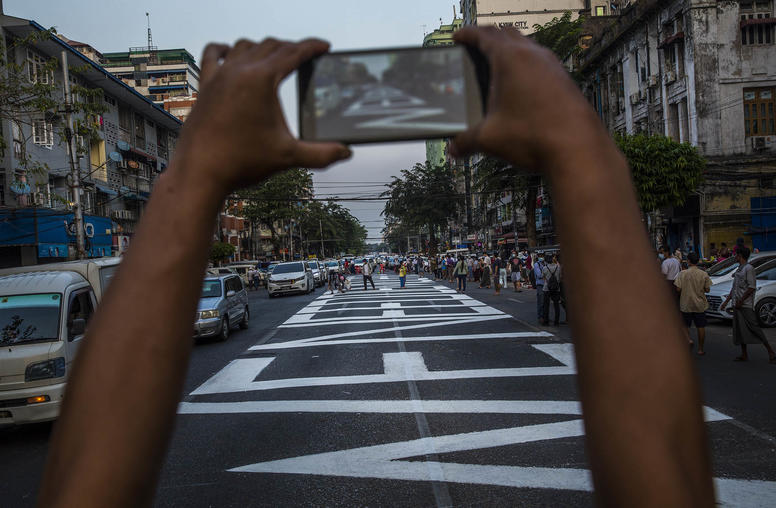
A New Approach for Digital Media, Peace and Conflict
Discussions about the negative effects of online communication on society — including its potential to contribute to violent conflict — tend to focus primarily on misinformation and disinformation. The former refers to factually incorrect information that manages to reach audiences at scale, whereas the latter refers to inaccurate information that is spread deliberately and malignantly by some actor or agent in order to produce specific perceptions and outcomes in physical or digital space.
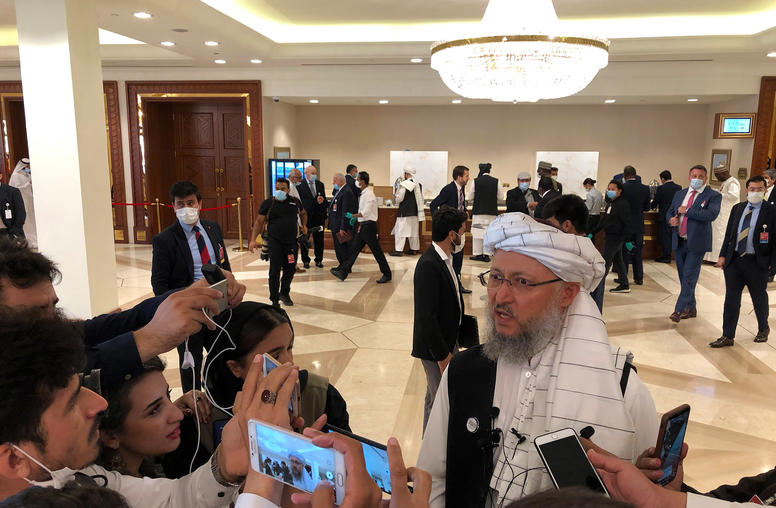
Whither Islam in Afghanistan’s Political System After the Taliban Talks?
The question of how and where Islam should fit into future legal and political frameworks has emerged as a major sticking point in the talks between the Taliban and the Afghan government in Qatar. How this question is resolved will be closely watched by Afghans, who want to ensure their hard-won rights are not sacrificed for the sake of a deal with the Taliban—Afghan women in particular have much at stake. The international community will similarly scrutinize the outcome, and their engagement with Afghanistan after the talks is expected to be conditioned on the contours of any political settlement.
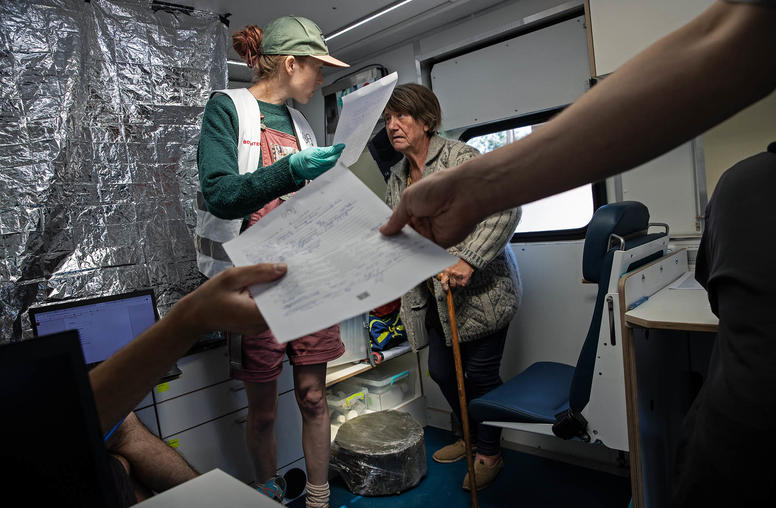
One Vital Change Can Advance Long-Term Peace in Ukraine
While NATO’s recent summit consolidated the transatlantic consensus that a peaceful Europe requires a democratic and inclusive Ukraine, Ukrainians’ heroic struggle for that democracy must overcome old corruptions, plus new traumas inflicted by Vladimir Putin’s war. A pillar of any democracy is civil society — the constellation of citizens’ groups that, more than government, can understand and heal domestic conflicts. So as international partners support Ukraine’s rebuilding from war, we must urgently engage its vibrant civil society — not as a mere adjunct to government efforts, but as a primary designer and engine of the political and cultural changes that peace will require.
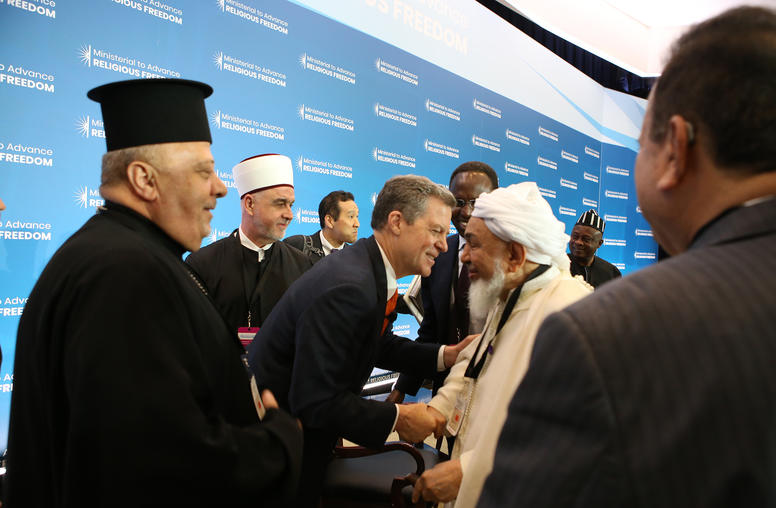
Four Thoughts on Advancing Religious Engagement in Diplomacy and Development
After nearly 20 years and across three successive U.S. administrations, it is clear that a bipartisan consensus exists among senior foreign affairs leadership that engaging religious actors to advance key American diplomatic, national security, and development objectives needs to be a priority. With some 84 percent of the world’s population expressing a faith affiliation, the role of religion as a social force around the world—and one that figures centrally in many peacebuilding contexts—cannot be ignored in our foreign relations.
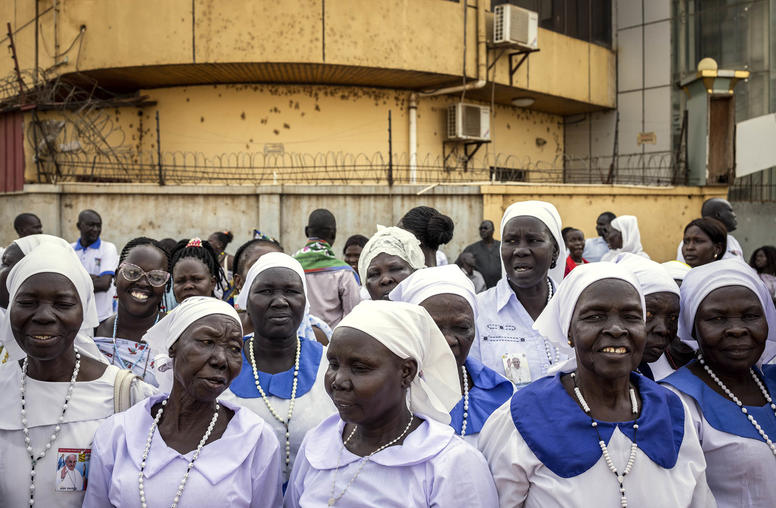
The U.S. Strategy for International Religious Engagement: 10 Years On
In 2013, the United States adopted its first ever “National Strategy on Integrating Religious Leader and Faith Community Engagement into U.S. Foreign Policy.” This White House strategy acknowledged the significant contributions of religious leaders and faith communities to human rights, global health and development, and conflict mitigation; and provided an interagency blueprint for integrating more robust engagement with religious actors across a broad range of foreign policy and national security issues. A decade later religious engagement remains a vital but underdeveloped capacity in U.S. foreign policy, and the strategy’s 10th anniversary offers a natural opportunity to revitalize strategic thinking and spur new action on this agenda.
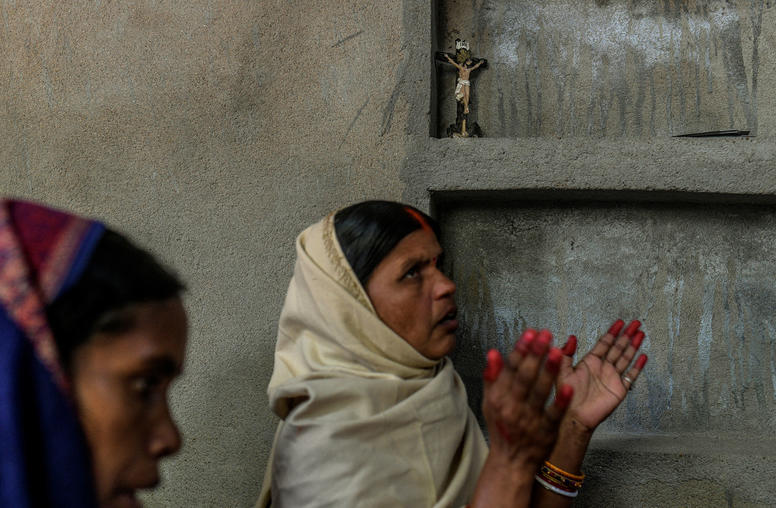
A Ripe Moment for Building Peace by Promoting International Religious Freedom
In late June and early July, two global convenings will highlight challenges to international religious freedom and the search for solutions: the IRF Summit for nongovernmental organizations and the International Ministerial Conference on Freedom of Religion or Belief. These timely gatherings will bring together government representatives, activists and faith leaders from different religious, regional and political backgrounds to discuss a common goal of ending persecution. Two keys for their success will be creating diverse coalitions to advance international religious freedom (IRF) in a nonpartisan manner and linking the issue to broader concerns about peace and stability.
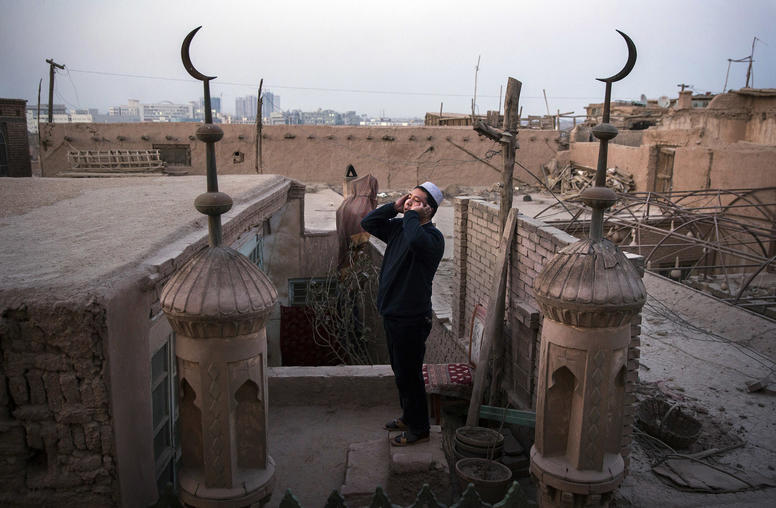
Finding Common Ground on U.S. International Religious Freedom Policy
On May 12, Secretary of State Antony Blinken issued the Biden administration’s first annual religious freedom report. It was accompanied by a strong speech, highlighting the importance of the issue and singling out countries such as Saudi Arabia, Iran, Russia and Nigeria, among others, for their particularly severe violations. The secretary also made a point to establish that the Biden administration’s approach emphasizes that the right to religious freedom is one component of an integrated human rights agenda. This stands in contrast to others who view religious freedom to be of unique importance and deserving of singular attention.
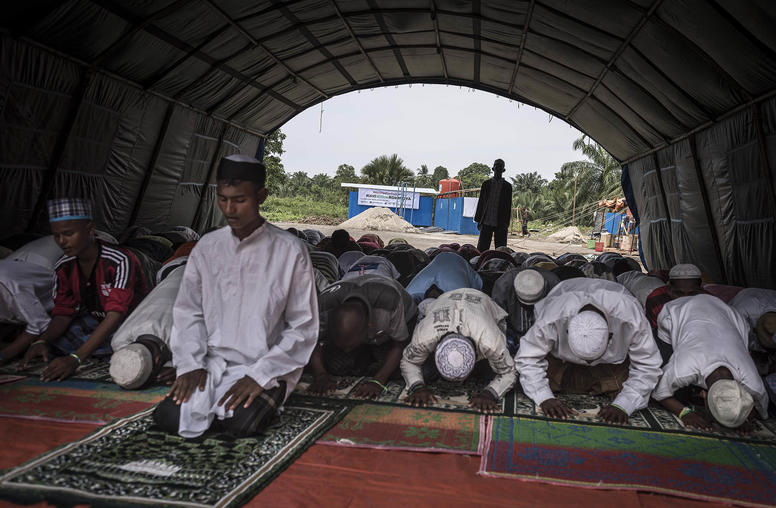
Common Ground on International Religious Freedom Enhances U.S. National Security
Religious freedom, like other human rights, is strongly correlated with political stability — and repression of religion or belief can serve as a major driver of conflict and violence. Around the world today, we see discrimination against or targeting of religious minorities associated with rising social tensions, intercommunal strife, violence and even mass atrocities. Muslims in India, Rohingya in Myanmar, Uyghurs in China, Yazidis in Iraq, and Christians in Pakistan: all are subject to forms of violence that have corollary effects on broader prospects for peace and stability in their respective contexts.
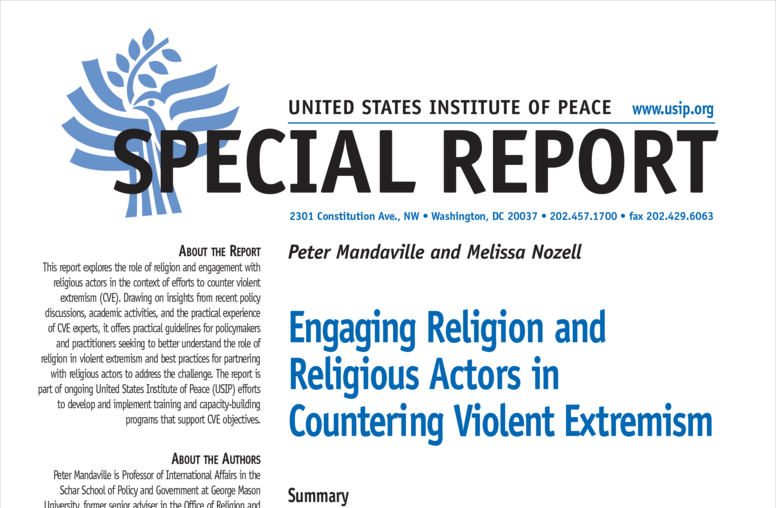
Engaging Religion and Religious Actors in Countering Violent Extremism
By more fully understanding the role of religion in violent extremism and adopting a broad-based and inclusive approach to engaging religious actors, policymakers and practitioners can better advance countering violent extremism objectives. In this report, a former senior policy adviser and a USIP senior specialist explore the nexus of religion and violent extremism.

What’s Next for the U.N.’s Doha Process on Afghanistan?
At the end of June, envoys and representatives from more than 25 countries and international organizations gathered in Doha, Qatar, along with representatives from the Taliban under an U.N.-facilitated framework. This meeting was the third of its kind, widely referred to as “Doha 3,” and part of a process to establish a more coordinated and coherent global approach to Afghanistan’s challenges and the Taliban’s rule.